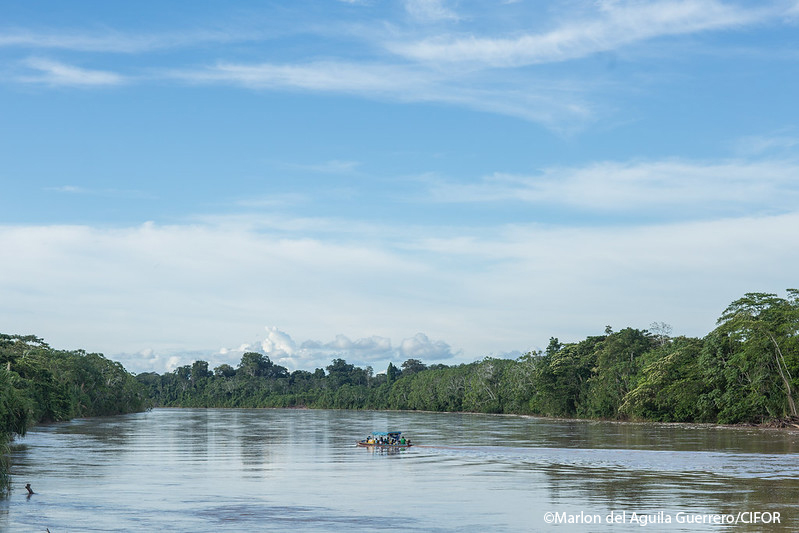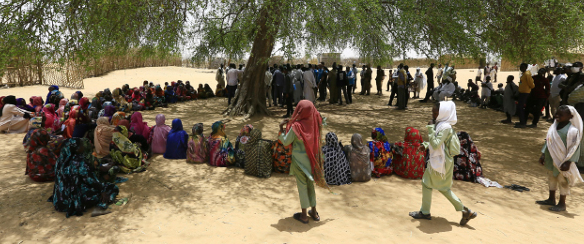Humanitarian aid is often judged by what it fixes in the moment. But a critical question often goes unanswered: What will it change in the long run?
The CUA Consortium with the ADN Dignidad program in Colombia set out to answer this question. Nearly a year and a half after distributing its last cash transfer, a follow-up impact evaluation reveals that the program didn’t just ease short-term hardship, it left a lasting imprint on people’s lives.
This isn’t just a story about numbers. It’s a story about resilience, behavior change, and the quiet power of thoughtful, evidence-driven programming.
What stuck: enduring impacts of the program
Between 2019 and 2024, ADN Dignidad provided more than 381,000 vulnerable people (including Venezuelan migrants, Colombian returnees, and host communities) with six months of multipurpose cash assistance focused on food security. The average monthly transfer was $77 USD per household.
But what happened after the money stopped flowing?
A long-term follow-up evaluation with over 2,160 households, conducted 13 to 18 months after the last transfer, provided answers:
Food security
- Food insecurity remained 13% lower, suggesting households developed more resilient food strategies, even without ongoing aid.
Economic outcomes
- Monthly per capita expenditure remained 12.8% higher for recipients than for non-recipients, demonstrating sustained improvements in material well-being.
- Transfer recipients also became 45% less reliant on remittances and were 37.7% more likely to send remittances to others, indicating increased financial stability and economic agency.
Well-being and discrimination
- Life satisfaction improved meaningfully. Recipients rated their satisfaction with life 0.366 points higher (a 4.6% increase) than non-participants on a 10-point scale. Among Venezuelan migrants, the improvement was even greater, with a 0.398 point (5.1%) increase.
- Recipient households were 4.7 percentage points (35.9%) less likely to report having experienced discrimination compared to the control group.
Next steps: from cash to capabilities
The long-term evaluation also revealed a crucial insight: cash alone wasn’t always enough. While the program delivered clear benefits, it also highlighted areas—like income sustainability—where complementary support is needed. Such support might include tools for saving, access to job training, and opportunities for entrepreneurship.
In response, ADN Dignidad program is evolving. Drawing on the evaluation findings, the team has launched new initiatives: digital financial literacy tools, behavioral nudges to encourage saving, and entrepreneurship incentives. Each incorporates randomized evaluations to keep learning and improving.
But here’s the challenge: there’s more to explore than current resources can support.
At least two promising opportunities are ready to be tested:
- A digital wallet experiment to assess whether behavioral nudges and saving incentives can boost financial inclusion among migrants.
- An entrepreneurship program offering training, mentorship, and seed capital to help households build sustainable incomes.
These initiatives are ready to launch, but they need additional funding and partnerships to move forward.
Why does this matter?
ADN Dignidad program is a case study in what’s possible when humanitarian actors shift from intuition to insight, asking not only “Did we help?” but “How can we help better next time?”
The program’s long-term evaluation shows that well-designed cash assistance doesn’t just offer immediate relief. It can change lives. When paired with curiosity, rigor, and a commitment to learning, those changes can last.
To continue unlocking the full potential of this program, we need your support.
If you're an organization, donor, or partner interested in building the next chapter of evidence-driven humanitarian aid, we invite you to join us. Together, we can strengthen what works and learns even more about how to deliver aid that lasts.
Reach out to us at bd@3ieimpact.org and let’s explore how we can work together to deliver aid that truly makes a difference.










